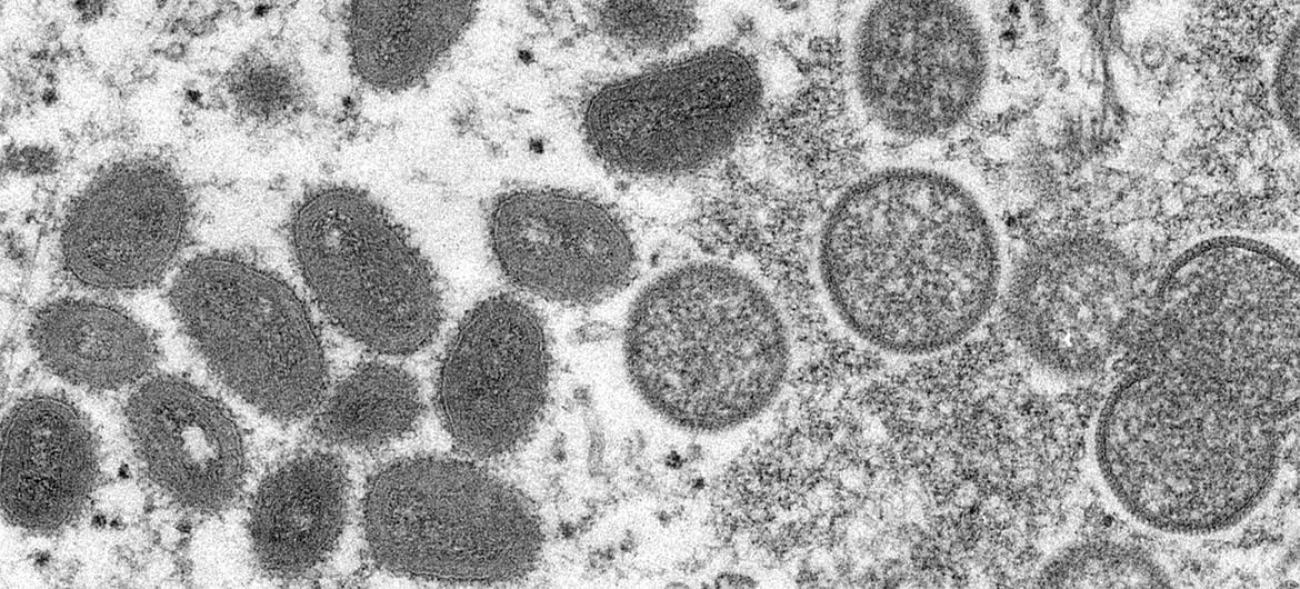Thirty non-endemic countries have reported more than 550 confirmed cases of monkeypox, the head of the World Health Organization (WHO) said on Wednesday.
“Investigations are ongoing, but the sudden appearance of monkeypox in many countries at the same time suggests there may have been undetected transmission for some time,” Tedros Adhanom Ghebreyesus told journalists at WHO’s Geneva headquarters.
With most reported cases having been among sexual encounters between men, those communities are working to inform their members of risks and preventative action that can be taken.
“But all of us must work hard to fight stigma, which is not just wrong, it could also prevent infected individuals from seeking care, making it harder to stop transmission,” warned the WHO chief, urging affected countries to widen their surveillance to the broader community.
Anyone risks infection if they have close physical contact with someone who has Monkeypox.
Tedros noted that as the situation is evolving, WHO expects more cases to be found.
“It’s important to remember that generally, Monkeypox symptoms resolve on their own, but can be severe in some cases,” he added.
WHO continues to receive updates on the status of ongoing Monkeypox outbreaks in African countries where the disease is endemic.
The top WHO official outlined his priorities to provide accurate information to those most at-risk; prevent further spread among those at high risk; protect frontline health workers; and advance “our understanding” of the disease.
Meanwhile, as reported COVID-19 cases and deaths continue to decline globally, Tedros cautioned that this may be the result of reduced testing throughout many countries.
But in several regions in the Americas, cases, and deaths are surging, while there are increasing fatalities in the Western Pacific region and Africa.
“Once again, the pandemic is not over. We continue to call on all countries to maintain testing and sequencing services, to give us a clearer picture of where the virus is spreading, and how it’s changing,” said the WHO chief.
“We call on all countries to vaccinate all health workers, older people and other at-risk groups”.
With the war in Ukraine taking a heavy toll on the country’s health system, WHO has increased its presence in the country and in States hosting displaced people – as the number of healthcare attacks continues to rise.
“As of yesterday, WHO has verified 269 attacks on health in Ukraine, killing 76 people and injuring 59,” Tedros said.
“Healthcare must never be a target,” he added, calling again on Russia to end the war.


